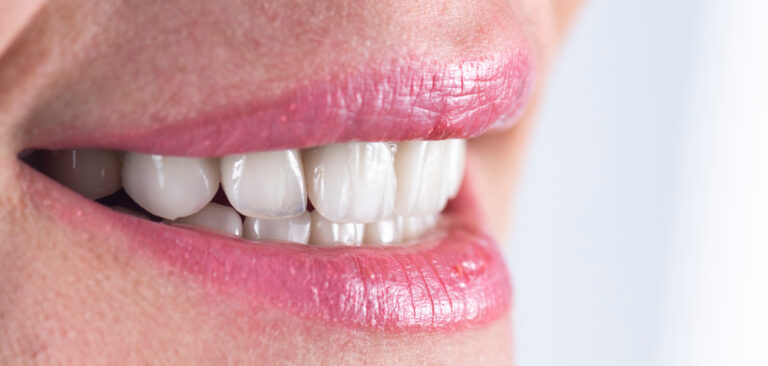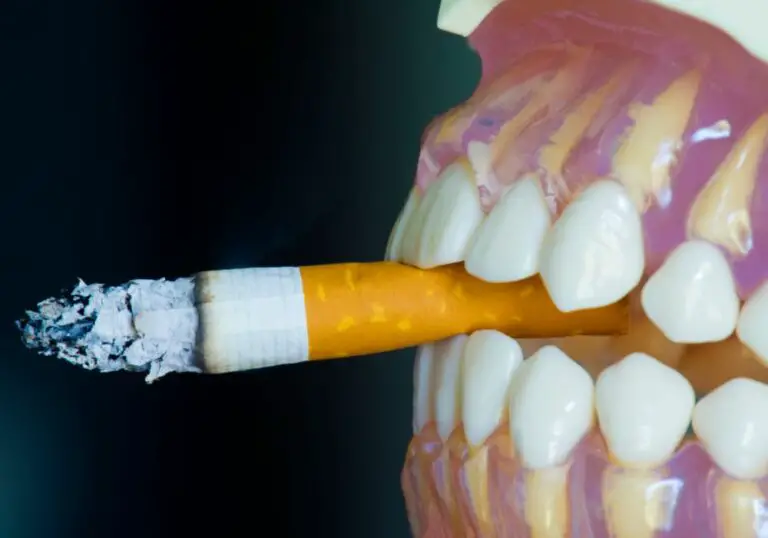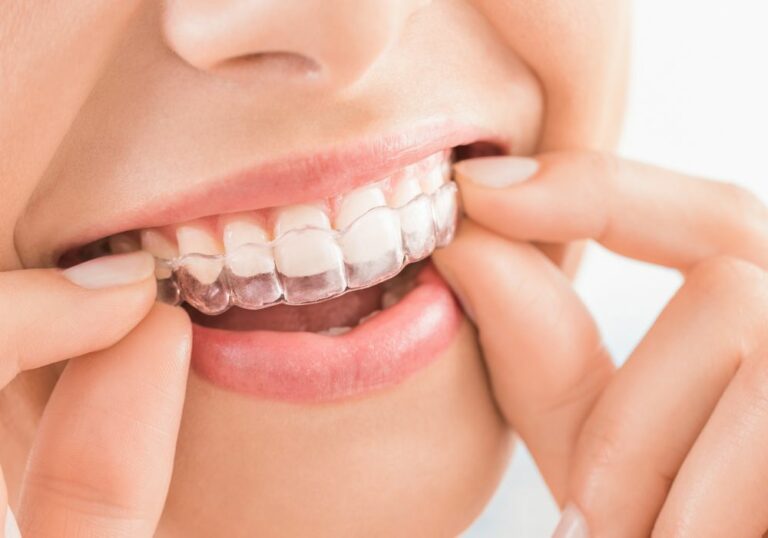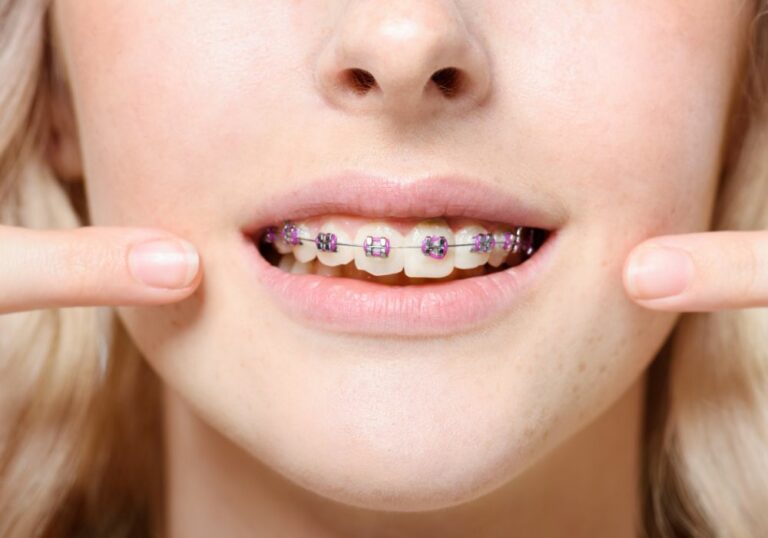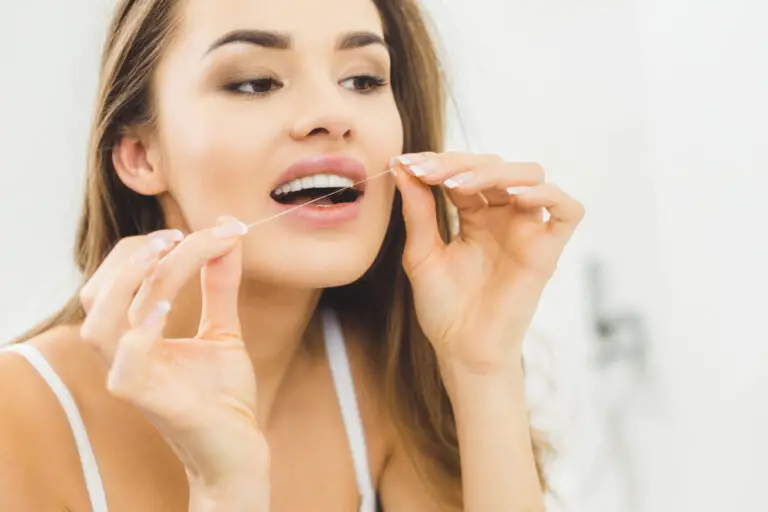Are you expecting and wondering if it is safe to use baking soda on your teeth during pregnancy? Many women experience dental issues during pregnancy, such as toothaches and bleeding gums, which can be uncomfortable and concerning. Baking soda is a common household item that is often used for dental care, but is it safe to use during pregnancy?
According to several sources, including Verywell Health and MomJunction, using baking soda in moderation during pregnancy is generally considered safe. Baking soda can help neutralize acid in the mouth and may provide relief for heartburn, which is a common issue for pregnant women. However, it is important to note that excessive use of baking soda can be harmful to tooth enamel and may cause sensitivity. It is recommended to consult with your dentist or healthcare provider before using baking soda or any other dental products during pregnancy.
Overall, maintaining good oral hygiene during pregnancy is important for both the mother and baby’s health. Regular brushing and flossing, along with dental check-ups, can help prevent dental issues and ensure a healthy pregnancy. While baking soda can be a helpful tool for dental care, it is important to use it in moderation and consult with a healthcare professional before use.
Understanding Baking Soda

If you’re pregnant and experiencing teeth discoloration or staining, you might be wondering if baking soda is safe for your teeth. Baking soda is a common household ingredient that has been used for centuries for various purposes, including teeth cleaning. Here’s what you need to know about baking soda and its benefits and risks during pregnancy.
What is Baking Soda?
Baking soda, also known as sodium bicarbonate, is a white crystalline powder that is commonly used in baking and cooking. It is also used as a cleaning agent, deodorizer, and toothpaste ingredient. Baking soda is mildly abrasive, which makes it effective in removing surface stains on teeth.
Benefits of Using Baking Soda on Teeth
Using baking soda on teeth has several benefits, including:
- Whitening teeth: Baking soda’s mild abrasiveness can help remove surface stains on teeth, making them appear whiter.
- Reducing plaque: Baking soda can help reduce the buildup of plaque on teeth, which can lead to gum disease.
- Freshening breath: Baking soda can neutralize odors in the mouth, leaving your breath feeling fresher.
Risks of Using Baking Soda on Teeth
While baking soda is generally safe to use on teeth, there are some risks to be aware of, including:
- Abrasion: Baking soda can be abrasive and may damage the enamel on your teeth if used too frequently or aggressively.
- Sensitivity: Baking soda can make your teeth more sensitive to hot and cold temperatures if used excessively.
- pH imbalance: Baking soda can alter the pH balance in your mouth, which can lead to tooth decay and other oral health issues if not used properly.
Using Baking Soda Safely During Pregnancy
If you’re pregnant and considering using baking soda on your teeth, it’s important to do so safely. Here are some tips to keep in mind:
- Use baking soda in moderation: Use baking soda on your teeth no more than once or twice a week to avoid damaging your tooth enamel.
- Mix baking soda with water: Mix a small amount of baking soda with water to create a paste, then apply it to your teeth with a toothbrush or your finger.
- Rinse thoroughly: Rinse your mouth thoroughly with water after using baking soda to remove any residue and restore the pH balance in your mouth.
- Check with your dentist: If you have any concerns about using baking soda on your teeth during pregnancy, check with your dentist before trying it.
Overall, baking soda can be a safe and effective way to whiten and clean your teeth during pregnancy if used properly and in moderation.
Effects of Baking Soda on Teeth

Baking soda is a common household item that can be used for a variety of purposes, including cleaning and cooking. It is also a popular ingredient in many toothpaste products and is often used as a natural teeth whitener. However, using baking soda on your teeth can have both positive and negative effects.
Pros of Using Baking Soda on Teeth
Baking soda is an excellent scrubbing agent that can help remove plaque and stains from your teeth. It is also alkaline in nature, which can help neutralize the acids in your mouth that cause tooth decay and gum disease. Additionally, baking soda can freshen your breath and leave your mouth feeling clean and refreshed.
Cons of Using Baking Soda on Teeth
While baking soda can be an effective teeth whitener, it can also be abrasive if used too frequently or in large amounts. Over time, this abrasiveness can wear away the enamel on your teeth, leaving them more susceptible to decay and sensitivity. Additionally, baking soda can alter the pH balance in your mouth, which can lead to a variety of oral health issues.
How to Safely Use Baking Soda on Teeth
If you choose to use baking soda on your teeth, it is important to do so safely. Here are some tips to keep in mind:
- Use baking soda sparingly: Only use a small amount of baking soda when brushing your teeth, and limit usage to once or twice a week.
- Mix with water: Mix the baking soda with water to create a paste before applying it to your teeth. This will help reduce its abrasiveness.
- Don’t brush too hard: Brushing too hard with baking soda can damage your enamel. Use gentle, circular motions when brushing.
- Rinse well: After brushing with baking soda, rinse your mouth thoroughly with water to remove any residual baking soda.
Overall, baking soda can be a safe and effective way to whiten your teeth and improve your oral health, as long as it is used properly. However, it is always a good idea to talk to your dentist before using any new oral care products, especially if you are pregnant or have any underlying dental issues.
Pregnancy and Oral Health
When you’re pregnant, it’s important to take care of your oral health. Hormonal changes during pregnancy can increase your risk of developing gum disease and other dental problems. Nearly 60 to 75% of pregnant women have gingivitis, an early stage of periodontal disease that occurs when the gums become red and swollen from inflammation that may be aggravated by changing hormones during pregnancy.
If gingivitis is not treated, the bone that supports the teeth can be lost, and the gums can become infected. This can lead to more serious periodontal disease, which has been linked to preterm birth and low birth weight. Therefore, it’s important to maintain good oral hygiene during pregnancy to reduce your risk of developing gum disease.
Here are some tips for maintaining good oral health during pregnancy:
- Brush your teeth twice a day with fluoride toothpaste.
- Floss daily to remove plaque and food particles from between your teeth and under your gumline.
- Rinse your mouth with a teaspoon of baking soda in a cup of water after vomiting to neutralize acid.
- Avoid brushing your teeth immediately after vomiting, as this can damage your tooth enamel.
- Eat a healthy diet that is rich in calcium, phosphorus, and vitamin D to help keep your teeth and bones strong.
- Visit your dentist regularly for cleanings and checkups. Let your dentist know that you’re pregnant so that they can take any necessary precautions.
By following these tips, you can help maintain good oral health during pregnancy and reduce your risk of developing gum disease and other dental problems.
Using Baking Soda During Pregnancy

If you are pregnant and experiencing heartburn or looking for a natural way to whiten your teeth, you may be wondering if using baking soda is safe during pregnancy. Here’s what you need to know:
Benefits
Baking soda, also known as sodium bicarbonate, is a natural and affordable option for a variety of uses. Some benefits of using baking soda during pregnancy include:
- Relief from heartburn: Hormonal changes during pregnancy can lead to heartburn, and baking soda can help neutralize stomach acid and provide relief.
- Teeth whitening: Baking soda is a natural and effective way to remove surface stains on teeth.
Potential Risks
While baking soda is generally considered safe, there are some potential risks to be aware of when using it during pregnancy:
- High sodium intake: Baking soda is high in sodium, and consuming too much sodium can lead to high blood pressure and other health issues.
- Tooth enamel erosion: Using baking soda too frequently or in high concentrations can lead to tooth enamel erosion and sensitivity.
To minimize any potential risks, it is recommended to use baking soda in moderation and under the guidance of your healthcare provider. When using baking soda to whiten your teeth, it is important to use a low concentration and avoid brushing too vigorously.
Overall, baking soda can be a safe and effective option for managing heartburn and whitening teeth during pregnancy, but it is important to use it responsibly and in moderation. As with any new product or treatment, it is always best to consult with your healthcare provider before use.
Safe Dental Practices During Pregnancy
Maintaining oral health is crucial during pregnancy. Here are some safe dental practices to follow:
- Brush your teeth twice a day with a fluoride toothpaste. Use a soft-bristled toothbrush to avoid irritating your gums.
- Floss daily to remove plaque and food particles from between your teeth.
- Rinse your mouth with a teaspoon of baking soda dissolved in one cup of water after vomiting to help prevent dental erosion. Wait for an hour before brushing your teeth to allow the enamel on your teeth to harden.
- Have regular dental check-ups and cleanings during your pregnancy. Inform your dentist that you are pregnant so that they can take the necessary precautions.
- Eat a balanced diet that includes plenty of fruits and vegetables, whole grains, and lean protein. Avoid sugary and starchy foods that can cause tooth decay.
- Stay hydrated by drinking plenty of water throughout the day. Limit your intake of sugary and acidic drinks like soda and fruit juice.
- If you experience any dental problems such as toothache, gum swelling or bleeding, or jaw pain, contact your dentist immediately.
It is safe to receive preventive, diagnostic, and restorative dental treatment during pregnancy. However, some special considerations should be given to pregnant dental personnel whose job duties can involve direct exposure to nitrous oxide and radiation. Your dentist may work with your obstetrician when planning your treatments, but many decisions can be made without consultation. For example, many medications including some antibiotics and local anesthetics can be safely used during pregnancy.
By following these safe dental practices, you can maintain good oral health during pregnancy and reduce the risk of dental problems.
Alternatives to Baking Soda for Teeth Whitening
If you’re pregnant and looking for alternatives to baking soda for teeth whitening, there are a few options available to you. Here are some safe and effective alternatives that you can try:
1. Activated Charcoal
Activated charcoal has been gaining popularity as a natural teeth whitener. It works by absorbing surface stains and toxins from your teeth. You can find activated charcoal toothpaste or powder in most health food stores. However, it’s important to note that activated charcoal can be abrasive, so it’s best to use it sparingly.
2. Hydrogen Peroxide
Hydrogen peroxide is a common ingredient in many teeth whitening products. It works by breaking down the stains on your teeth and removing them. You can use hydrogen peroxide as a mouthwash or mix it with baking soda to create a paste. However, it’s important to use a low concentration of hydrogen peroxide to avoid damaging your teeth.
3. Coconut Oil Pulling
Coconut oil pulling is an ancient practice that involves swishing coconut oil in your mouth for a few minutes. It’s believed to help remove toxins and bacteria from your mouth, which can improve your oral health and whiten your teeth. You can find coconut oil in most health food stores.
4. Strawberry and Salt Scrub
Strawberries contain malic acid, which is a natural teeth whitener. You can mix mashed strawberries with a pinch of salt to create a scrub that you can use to whiten your teeth. However, it’s important to use this scrub sparingly, as the acid in strawberries can damage your tooth enamel if used too often.
5. Oil Pulling with Sesame Oil
Oil pulling with sesame oil is another ancient practice that can help whiten your teeth. It works by removing toxins and bacteria from your mouth. You can swish sesame oil in your mouth for a few minutes and then spit it out. However, it’s important to note that oil pulling should not replace brushing and flossing.
Frequently Asked Questions
Can I safely whiten my teeth while pregnant?
It is generally recommended to avoid teeth whitening during pregnancy, as there is not enough research to determine its safety. The chemicals used in teeth whitening products may potentially harm the developing fetus. It is best to wait until after pregnancy to whiten your teeth.
What are some natural teeth whitening alternatives that are safe during pregnancy?
There are several natural teeth whitening alternatives that are safe during pregnancy, such as brushing with baking soda or using activated charcoal. You can also try oil pulling with coconut oil or hydrogen peroxide mouthwash.
Is baking soda safe for use on teeth during pregnancy?
Yes, baking soda is safe for use on teeth during pregnancy. It is a low-abrasive cleaner that does not contribute to root sensitivity and is safe for people on low-salt diets. However, it is important to use it in moderation as excessive use can damage tooth enamel.
What are some common dental problems during pregnancy?
Pregnancy can increase the risk of gum problems such as gingivitis, as hormonal changes can cause inflammation of the gums. Pregnant women may also be more susceptible to cavities and tooth decay due to changes in diet and oral hygiene habits.
How can I maintain good oral hygiene during pregnancy?
Maintaining good oral hygiene during pregnancy is crucial for both your dental health and the health of your baby. This includes brushing twice a day with fluoride toothpaste, flossing daily, and visiting your dentist regularly for cleanings and check-ups.
Are there any foods or drinks that can help whiten teeth during pregnancy?
While there are no foods or drinks that can directly whiten teeth, some foods such as strawberries and pineapple contain enzymes that can help remove surface stains. Drinking plenty of water can also help rinse away food particles and prevent staining.

